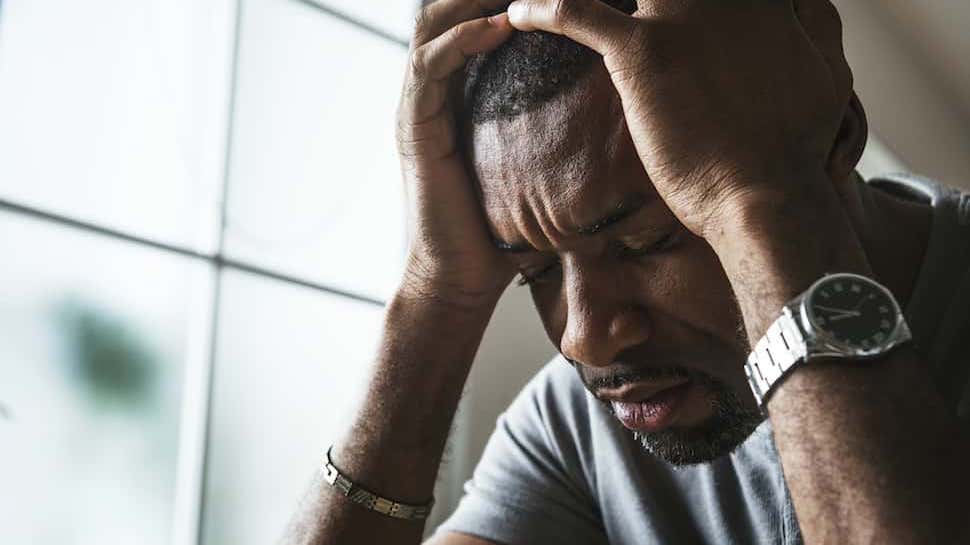
PTSD and Depression
A person who has post-traumatic stress disorder (PTSD) may also have co-occurring depression. Treatment is available from qualified mental health professionals for both conditions, and successful treatment for one will include treatment for the co-occurring disorder as well. The person should also be assessed for anxiety and other disorders for comprehensive treatment.
Post-traumatic stress disorder (PTSD) can be difficult to manage with its various symptoms that affect a person’s life and well-being. Someone with PTSD could experience all sorts of symptoms, from hypervigilance and irritability to avoiding situations and feeling despair.
With depression, a mood disorder, a person can feel down for an ongoing period of time, which, similarly to PTSD, gets in the way of daily living.
Both PTSD and depression are ways the mind and body may respond to a traumatic event, although a person could have depression without experiencing a traumatic event. Someone who has both disorders at the same time might have serious trouble functioning in everyday life.
Symptoms of PTSD and Depression
It’s possible to experience some of the same symptoms from one subgroup of PTSD that relate to changes in mood and thoughts overlapping with those from depression.
With both disorders, you may:
- Lose interest in activities you previously liked
- Feel hopeless
- Have negative feelings or pessimism
- Have cognitive impairments such as trouble concentrating or remembering
Other symptoms of the two disorders are similar. For example, PTSD may cause a lack of joy, passion and feeling useful, while depression can cause a person to lose their sense of worth, have a depressed mood and feel helpless.
While the two disorders have some of the same and similar symptoms, they are unique disorders with some distinct symptoms and characteristics. It’s important to be assessed and diagnosed to get proper and effective treatment for each disorder.
Co-Occurring Disorders
It’s possible to have solely PTSD or depression. Nonetheless, it’s common to have both, which would be considered co-occurring disorders—more than one disorder occurring at the same time. A study of Americans found that people with PTSD are 3-to-5 times more likely to have depression than people who don’t have PTSD. Also, a study found that about half of those with PTSD have the co-occurring disorder of major depressive disorder (MDD), which is one type of depression. The researchers noted that when both disorders are present together, people tend to experience enhanced impairment in cognitive, work, and social aspects of their lives, as well as increased distress levels and suicide attempts.
PTSD and depression may not co-occur the entire time, as they can have different durations. PTSD symptoms need to go on for a minimum of one month to be diagnosed and can last for months, years and even a lifetime—particularly when left untreated. The duration of depression can vary by the type of depression. An MDD diagnosis involves symptoms for at least two weeks and can go on for weeks or months, while dysthymia is an ongoing form of depression lasting longer than two years. Both PTSD and depression can reoccur.
Traumatic Experiences
Going through a traumatic experience can lead to both depression and PTSD. While PTSD is often associated with military combat—which could be one of the triggers—this disorder and depression can be brought on by many types of experiences, such as:
- Violence or assault, such as domestic violence, sexual assault, or physical assault
- A natural or manmade disaster
- Divorce
- Emotional abuse
- A death
- Childhood trauma
- A car accident
These are examples of the many experiences that can bring on trauma and result in PTSD and/or depression.
A person could have trauma from personally going through one of these experiences or from witnessing it. It can also occur when an event was not personally experienced or witnessed, such as a disaster in the nation or the murder of a loved one.
Call for a Free Confidential Assessment.
877-727-4343Treatment for PTSD and Depression
Some treatments are able to help both of these co-occurring disorders, especially with overlapping symptoms. For example, cognitive behavioral therapy (CBT) can help change thought patterns and behaviors for both PTSD and depression. Also, doctors use the medicine selective serotonin reuptake inhibitors (SSRI) for both disorders.
Depression and PTSD often co-occur, especially as a response to a traumatic experience. Because many of the symptoms of PTSD and depression are the same or similar, it can be difficult to know which one you are facing—or if you have both as co-occurring disorders. A qualified mental health professional and care at a residential treatment facility can provide a proper diagnosis and a personalized treatment plan for PTSD and depression for your individual situation and help you recover from PTSD and depression.





